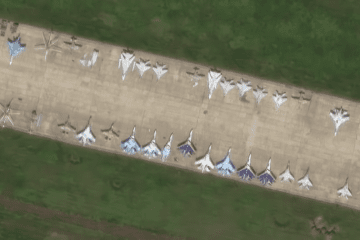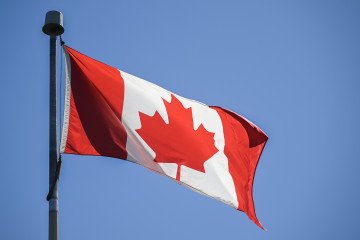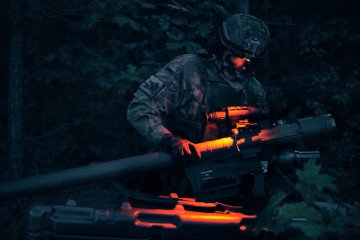- Category
- Latest news
Russia’s New Workforce: 6,000 North Koreans Sent to Demine and Rebuild Kursk Region
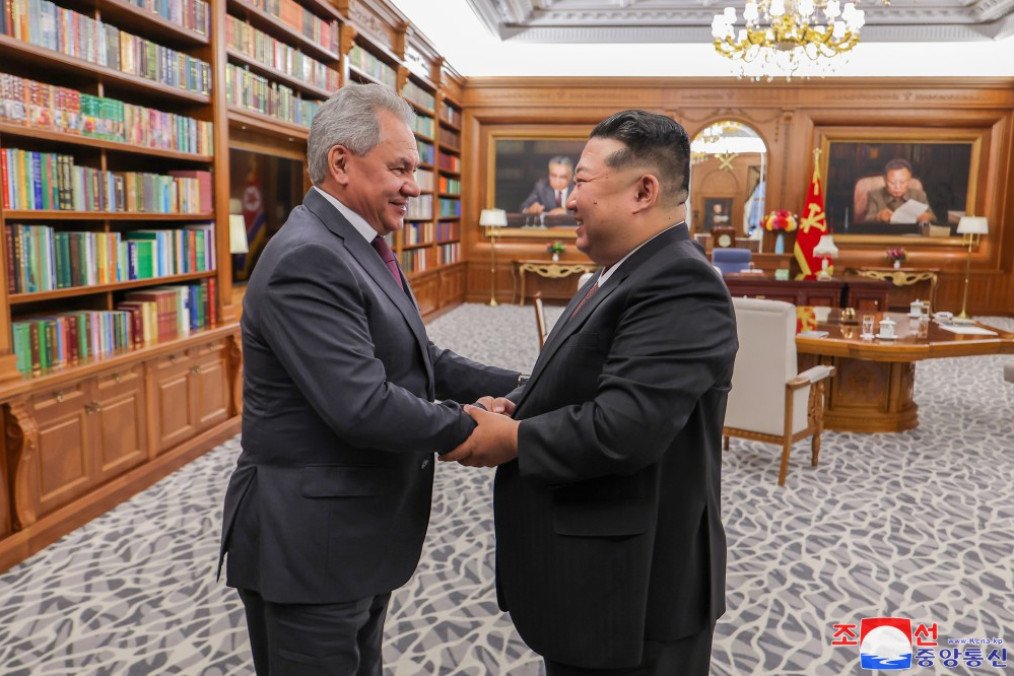
North Korea has pledged to send 1,000 military sappers and 5,000 military construction workers to Russia to help rebuild the Kursk region, which has suffered extensive damage amid Moscow’s war against Ukraine, Russian state media agency TASS reported on June 17.
The announcement came after high-level talks in Pyongyang between Russian Security Council Secretary Sergei Shoigu and North Korean leader Kim Jong Un.
“Kim Jong Un has decided to send 1,000 sappers and 5,000 military builders to assist in the reconstruction of the Kursk region,” Shoigu said following the meeting.
Regional officials say 5,000 square kilometers of the Kursk region—roughly one-sixth of its territory—remain heavily mined.
Shoigu’s visit to Pyongyang coincided with the anniversary of the Comprehensive Partnership Treaty signed between Russia and North Korea.
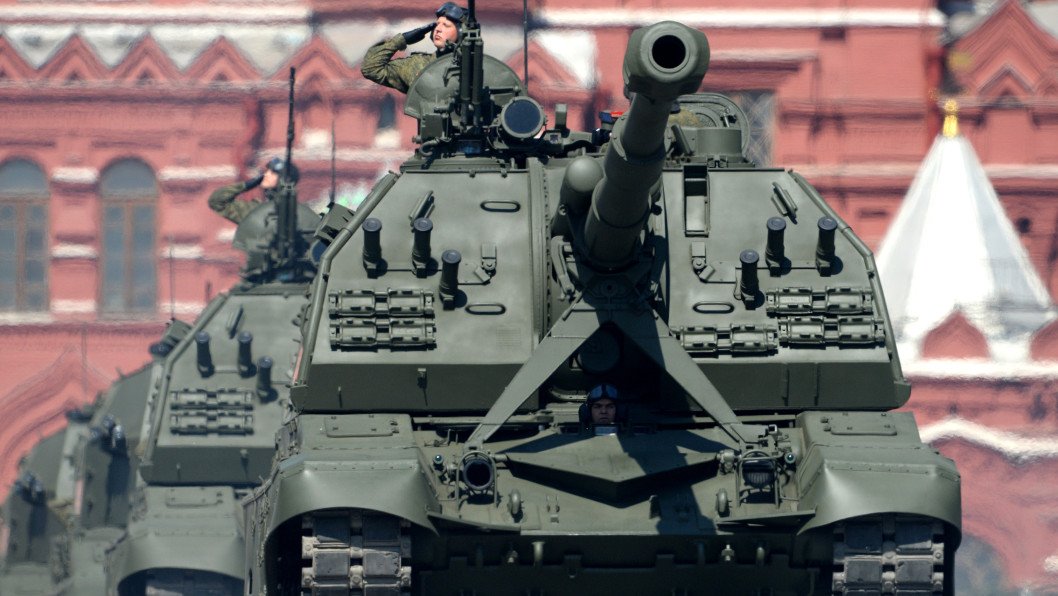
Since launching its full-scale invasion of Ukraine, Moscow has ceased adhering to United Nations sanctions on North Korea, which prohibit both the use of North Korean labor abroad and any military-technical cooperation with the regime.
Shoigu also said that Russia and North Korea discussed plans to establish memorials honoring North Korean soldiers who, according to Pyongyang’s narrative, died during the liberation of the Kursk region—though no historical evidence supports such an account in modern Russian or Western records.
Earlier, North Korean leader Kim Jong Un reaffirmed his country’s support for Russia in its ongoing war against Ukraine, during a meeting with Russian Security Council Secretary Sergei Shoigu in Pyongyang.
Kim stated that North Korea “will continue to support Russia in its war against Ukraine,” and that Pyongyang will stand by Moscow on a range of other issues outlined in the strategic agreement between the two authoritarian regimes.


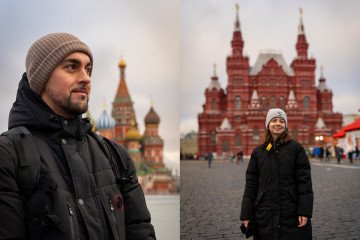
-111f0e5095e02c02446ffed57bfb0ab1.jpeg)
